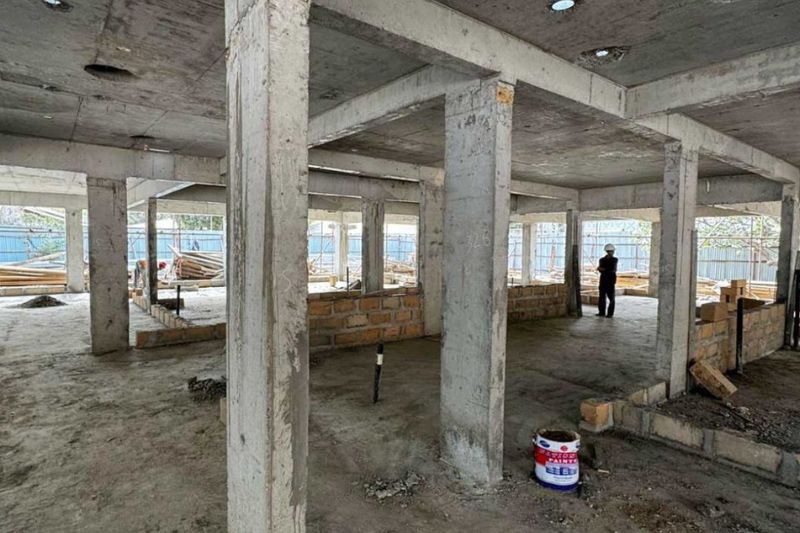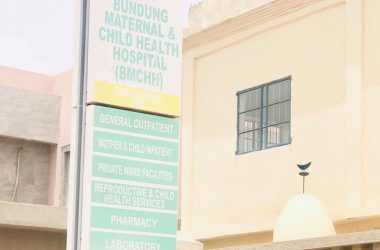Construction has begun on a state-of-the-art Containment Level 3 (CL3) laboratory at the Medical Research Council (MRC) Unit, part of the London School of Hygiene and Tropical Medicine (LSHTM), in The Gambia.
The project marks a major expansion of the Unit’s capacity to tackle some of the region’s most pressing health challenges.
The new facility, being built to international high-containment standards, will support advanced research into infectious diseases, many of which have a significant impact on communities in West and sub-Saharan Africa.
UK-based engineering firm Medical Air Technology (MAT) has been appointed to provide mechanical, electrical, and plumbing (MEP) design and technical support. Their involvement spans from the early planning stages through to construction, commissioning, and final validation of the lab.
MAT’s role is critical to ensuring the facility meets strict international safety and performance standards required for CL3 environments, where work is carried out on serious infectious agents such as tuberculosis and certain viral pathogens.
The MRC Unit in The Gambia has long played a key role in the fight against infectious disease in the region. The new laboratory is expected to significantly strengthen its ability to respond to outbreaks, test new treatments, and contribute vital data to global public health efforts.
Beyond infectious diseases, the MRC Unit is also expanding research into other urgent health issues. These include maternal and neonatal mortality, which remains high in parts of West Africa, as well as the growing burden of non-communicable diseases and nutrition-related illnesses.

The new facility will enable scientists and clinicians to explore innovative interventions and bring cutting-edge discovery science to bear on longstanding public health problems.
Once operational, the CL3 laboratory will not only enhance local and regional research infrastructure but also reinforce The Gambia’s role in international health research. The project represents a strong commitment to improving health outcomes both within the country and across the continent.





